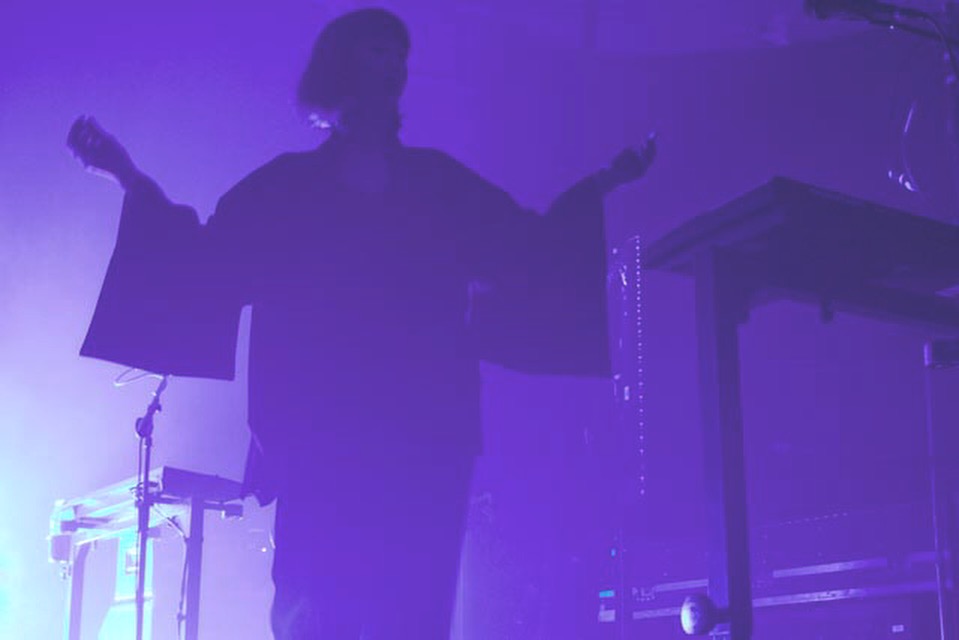Short Term 12 →
A good story, whether it be in a movie, song, book, or show, can have the power to make people feel something.
I recently watched a film called Short Term 12, which follows the life of a head counselor (played by Brie Larson) of a treatment facility for adolescents (one of which is Lakeith Stanfield from Get Out). The movie delves into how Larson's character and the rest of the counselors interact with each other and those that live there. Both groups deal with numerous ups and downs throughout the movie, which slowly reveal to the viewer (and the characters themselves) that common ground can be found between any two people. It was filmed in such a way that I, as a viewer, felt that I was merely a fly on the wall while they lived their lives. Time didn't speed up in certain scenes and slow down in others like movies often do; the movie just was.
When I decided to watch this movie, it was only after I had spent 20 minutes or so scrolling through Amazon Prime, Netflix, and Hulu, looking at their options, and then another 10 minutes or so of watching trailers of said movies until I got to Short Term 12. The music is what got me at first; just by listening to the music in the trailer (and obviously watching the actual trailer itself), I knew that this would probably be a heart-wrenching movie—I was right. I enjoy emotional and/or inspirational movies because there aren’t that many out there. It’s pretty special when you stumble upon a really good one.
The way the movie was filmed, the beautiful soundtrack that I am listening to while writing this, and the impressive acting from both the adults and young adults allowed me to connect with the characters in the film. I was stunned at how each and every one of the actors was able to develop his or her own character and wrap me into the story so deeply and quickly. It seemed as if each little piece of the story was carefully planned out and nothing was in there without a purpose.
Short Term 12 won a few independent film awards as well as one at the South by Southwest (SXSW) film festival in the year 2013. Honestly, at first glance, the awards are what got me interested in watching this movie; I tend to trust movies that have those antler-like leaves on the movie poster that surround the words like “Sundance” or "winner of" or "finalist". Yes, yes, this makes me sound like a typical movie-fiend-faker, I understand. But, I know from past experience that these movies (at least the ones I've seen thus far) tend to be thought-provoking and leave me feeling something that I can't quite put into words, even after the credits start rolling. I love the feeling after I've seen a good movie, when the screen is completely black and the credits roll and all I can do is sit there, trying to make sense of what I just watched. But even while my thoughts jumble around, thinking up alternate endings and piecing together any loose ends or cliffhangers, I feel a sense of peace for some reason. I don't know why, but this happens when I hit the jackpot in movie-watching.
In the above picture, Jayden (one of the at-risk teens at the facility) had just shared an original children’s story with Grace (Larson’s character). Grace later informs her supervisor about this story along with their conversation that proceeded it by asserting, “…last night, that girl sat next to me and she cried and she tried to tell me the only way that she knew how.” The thoughts and emotions rumbling around in Grace’s head as she listened to Jayden tell her the story was palpable. I would include a clip of this scene, but I think it would be more impactful to watch the movie from start to finish.
I had to include the clip that the above picture is referencing, because it’s too good of a clip not to. Lakeith Stanfield’s performance as Marcus is so good that it leaves not only Mason speechless (the counselor in the room), but the audience as well. Until this moment, Marcus appeared to simply be a quiet, yet troubled kid. In this scene, when Marcus shares an original rap with Mason, the said counselor, both Mason and the audience are finally able to peer a little bit more into Marcus’ head and better understand the reasons behind why he’s at the group home in the first place.
A lot of the movies nowadays, whether it be in the theater or on a streaming service, are not as substantive as they could be. Don't get me wrong, I love Hot Rod as much as the next person, but it's important to have more movies, books, and TV shows available that can help readers and viewers discover things they didn't know about themselves and/or those around them. I think that it would be fun to write movie scripts, because movies are another medium, like books, that can help people feel understood and simply feel something.
Here's a link to the trailer so you can decide if this film seems like your cup of tea. (If you decide to watch it, let me know what you think about it in the comments below.)
Reagan Fleming











